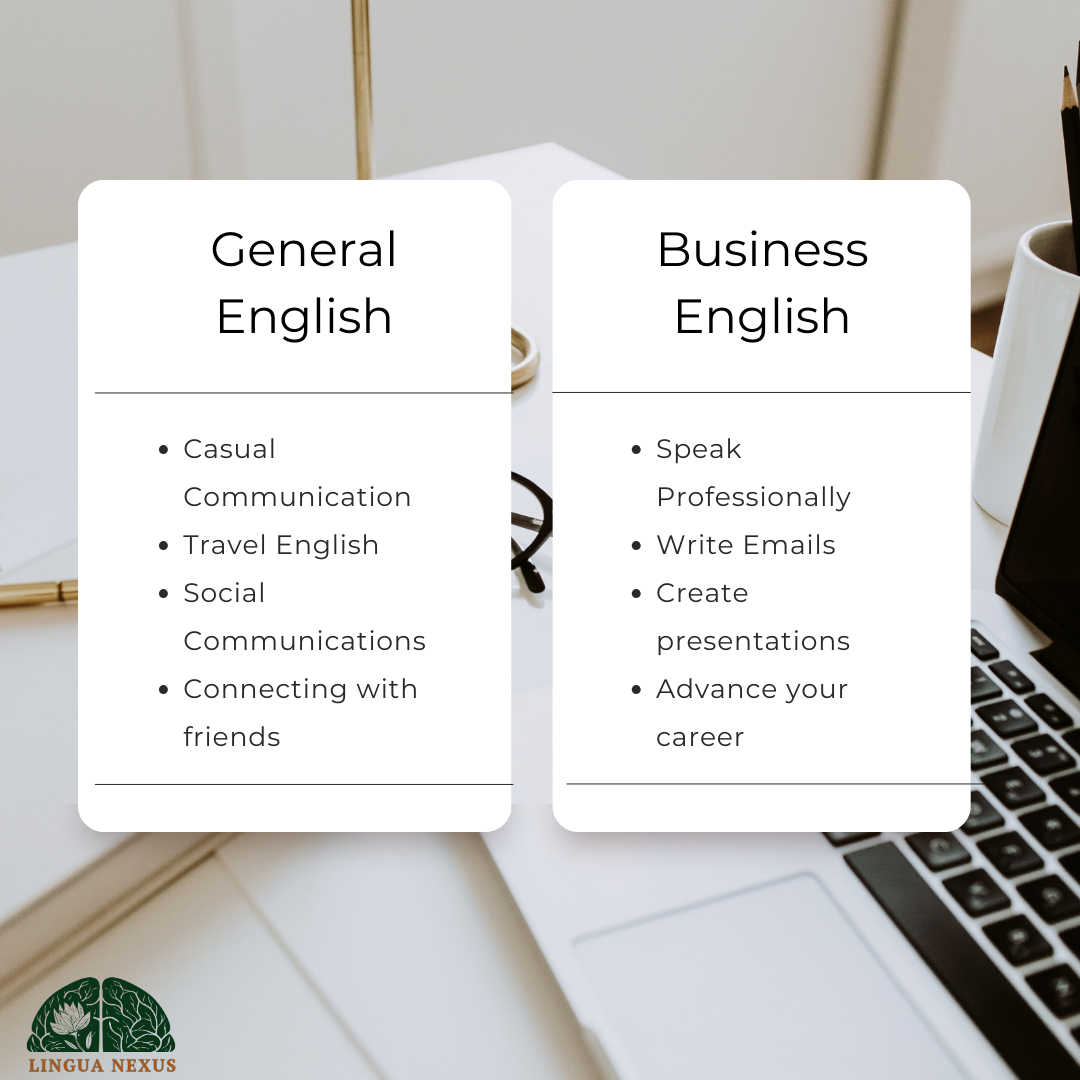Help! How to pass my inburgering? – Here are the top 10 tips you need to succeed! (part 1)
The ‘inboergering’, the inburgeringsexamen or simply ‘inburgering’: the Dutch civic integration exam is ever a hot topic for Dutchies to be. Kennis van de Nederlandse maatschappij, what is that? After multiple requests for ‘failsafe 1000% guaranteed tips’ (just joking), here are our top 10 tips to pass your inburgering!
1 Inburgeren.nl
This website is an absolute must, as it is the official website of the inburgeringsexamen. You can practice all the differents parts of the exam here. For free. As often as you need. The best is to incorporate these example exams into your Dutch lessons. Go through them with a private teacher, or during your group lessons. Practice them with your Dutch friends or taalbuddy. Don’t expect to understand it all by yourself, with no significant knowledge of the Dutch language, though. You need at least one elementary course to start practicing with these exams.
2 Write short, simple sentences
The reason for this one is simple: short sentences in Dutch are structured exactly the same way as English ones. Besides, you can’t go wrong (in any language) if you keep your sentences short and clear. Communication 101.
3 Use indefinite proper nouns
This one is silly, but the reason is very obvious, if you think about it: each proper noun in Dutch has its own article. De or het. As there are some rules and guidelines, the main rule here: you have to learn the respective artice WITH each proper noun. By heart.
That’s where the Dutch indefinite article comes in; it’s always the same (easier than English, with ‘a’ and ‘an’) and can be used with all proper nouns. Obviously, do use it in the right context. And not too often; best is to build at least some kind of basic vocabulary, so you know at least some proper nouns with their respective, correct articles. That way, you can mix it up.
4 Use the plural as much as possible
One of the rules for the Dutch articles is that you only use the article de with definite propers nouns, like ‘de auto’s'(=the cars) or ‘de markten’ (=the markets). When dealing with indefinite proper nouns in Dutch, remember they behave the same as their English equivalents. Meaning: they have no article. Your strategy should be to either use indefinite proper nouns or plural definite proper nouns IF you don’t know the corresponding article of a certain word.
5 Practice as much as you can
This one is obvious. How you practice doesn’t really matter, as long as you take the time to do it – at least 30-90 minutes a day. Focus on speaking first, writing second. Read Dutch blogs, literature, childrens news’ sites. Watch Dutch cartoons. Start a Dutch diary. But before doing all of that, maybe it’s good to find out how you study best.
6 Buy a dictionary and learn at least 5 words everyday
You won’t pass the inburgeringsexamen if you do not have a certain foundation of Dutch vocabulary. Period. You have to know basics words like stuff around and in the house, on dealing with Dutch people, how to arrange an appointment with your doctor etc.
Still one of the best dictionaries out there is Van Dale. Yes, they have an online version (limited), too, but just buy a Dutch pocket dictionary. It’s an investment of 5-15 euro’s, which will benefit you a lifetime and proves your motivation.
The beautiful thing about memorizing words is you can work on your pronunciation simultaneously. Get creative: learn 5 Dutch words right now, use them in at least 3 sentences you write down, and read them out loud – in front of the mirror, your selfie-cam or recorder. Then see how fast your Dutch improves!

7 Definitely download the 100 most important Dutch questions, phrases, verbs and words (free e-book)
This FREE e-book with the 100 most commonly used Dutch expressions will certainly help you while preparing for the Dutch civic integration exam. You will benefit from this e-book containing the questions and words Dutch native speakers use on a day to day basis, as this is exactly what you will have to reproduce during your inburgeringsexamen.
8 Start speaking Dutch to people
Really, just do it. You have nothing to lose, and enless practice (and laughs) to gain. Are they replying in English? Just keep speaking Dutch. We’re really not as stubborn as we pretend to be. Just try us.
9 Write at least 5 Dutch sentences of your own daily
Just simple sentences like: Jan loopt naar de winkel. What does it mean, this one? Try to gradually move to sentences with subordinate clauses, involving ‘omdat’, ‘dus’, ‘want’ and ‘daarom’ – as that’s what you need to do during your inburgeringsexamen, too.

10 Start watching Dutch series and Youtube channels
The last one of the top 10 tips to pass your inburgering, one that will help you to improve your pronounciation of Dutch surely. The nice thing about 2020 and watching stuff on the internet is you can switch on subtitles and pause whenever you want. So make good use of this technology. Often. Imitate what you hear, imitate the weird Dutch actors and youtubers until you yourself become so weird you need to start your own special Youtube channel. About learning Dutch, perhaps? Good luck!




